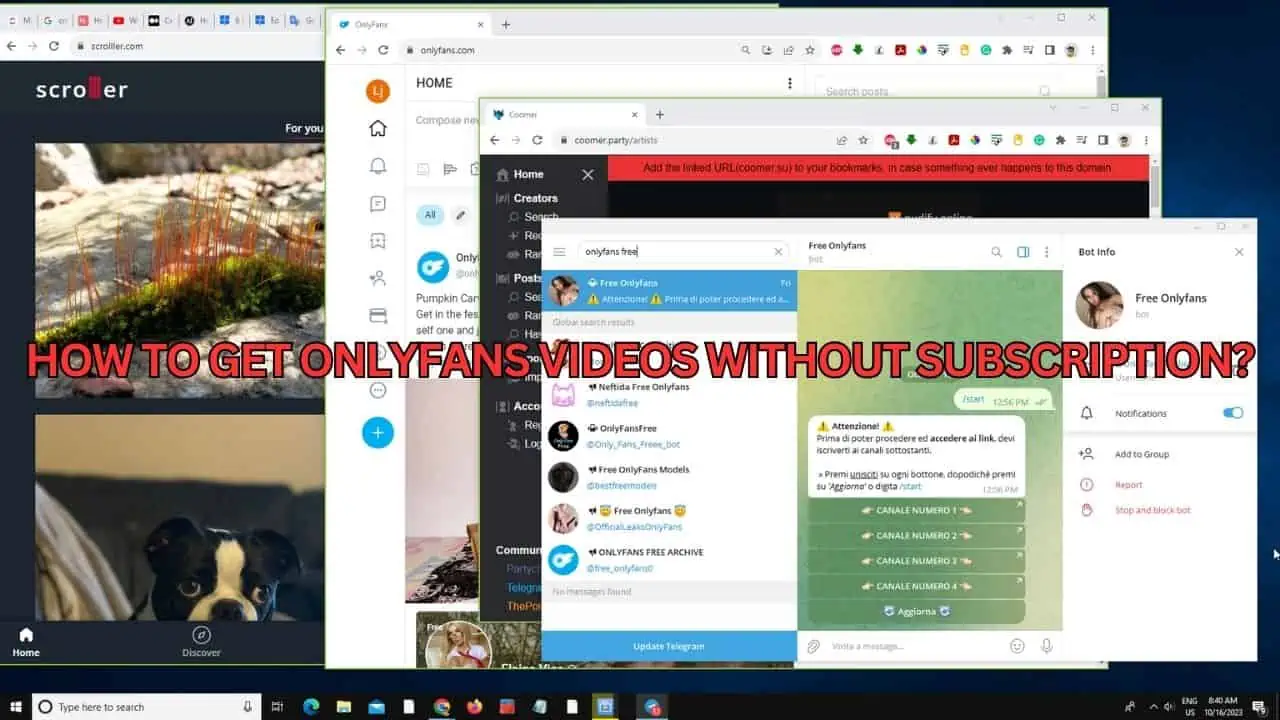Microsoft and MBC launch rural Internet service with long range wireless networking technology
3 min. read
Published on
Read our disclosure page to find out how can you help MSPoweruser sustain the editorial team Read more

Microsoft has partnered with Mid-Atlantic Broadband Communities to bring the Internet to students in rural Virginia in Charlotte and Halifax counties.
Their new Homework Network will deliver broadband internet access at home to thousands of K-12 students for free.
The Homework Network in Virginia uses the so-called White Space technology, pioneered by Microsoft as part of its Affordable Access Initiative, which uses unused low-band spectrum often referred to as TV white space. Leveraging this technology, the network wirelessly extends existing broadband from local schools to students’ homes. Using TV white space equipment from U.S.-based Adaptrum, internet access is delivered via base stations installed on towers at or near fiber-connected schools and client radios installed at students’ homes. The network is being installed by local internet service provider B2X Online.
“Too many students in the U.S. are falling behind their peers because they lack reliable high-speed internet access at home,” said Microsoft’s Senior Director of Affordable Access Initiatives Paul Garnett. “Falling behind today means entering the job market at a disadvantage tomorrow. This innovative public-private partnership can help close that gap, and is one step toward what we hope is an initiative replicated in other parts of the county. Given the benefits, it is important that the Federal Communications Commission ensure there is sufficient low-band spectrum available in every U.S. market.”
TV white space technology is ideal for delivering broadband service to areas such as rural Southern Virginia, as it can cover large geographical ranges even in the hilly terrain and dense tree cover of the region and has been successfully piloted in 100 households across both counties.
It will reach more than 3,000 students in 1,000 homes by the end of 2017.
“Rural Southern Virginia is now home to a highly innovative solution, which can serve as a model for other parts of the state and the U.S. and even around the world, to help young people succeed in school,” said Senator Frank Ruff, who was present at the launch of the service today. “We are proud to help support and fund such an important project starting here in Charlotte and Halifax counties.”
“Closing the homework gap is critical for improving the odds of student success,” said MBC President and CEO Tad Deriso.
The “homework gap” is an urgent local and national problem. An estimated 5 million households with school-age children in the U.S. are at a significant disadvantage due to limited or nonexistent broadband connectivity. These students are often unable to access the tools they need to succeed in school and to develop the skills they need to enter today’s workforce. This creates an uneven playing field for future educational and economic prospects.
“We are delighted to partner with Microsoft and others on such a groundbreaking initiative that, at the end of the day, connects young people to required educational resources and strengthens our local communities. Ultimately we believe such initiatives enhance competitiveness for economic development in Southern Virginia,” Deriso continued.








User forum
0 messages